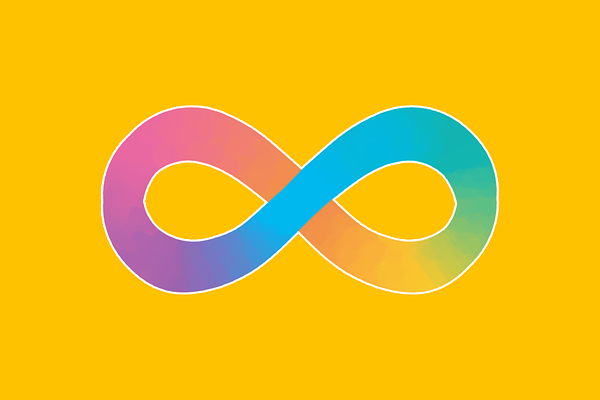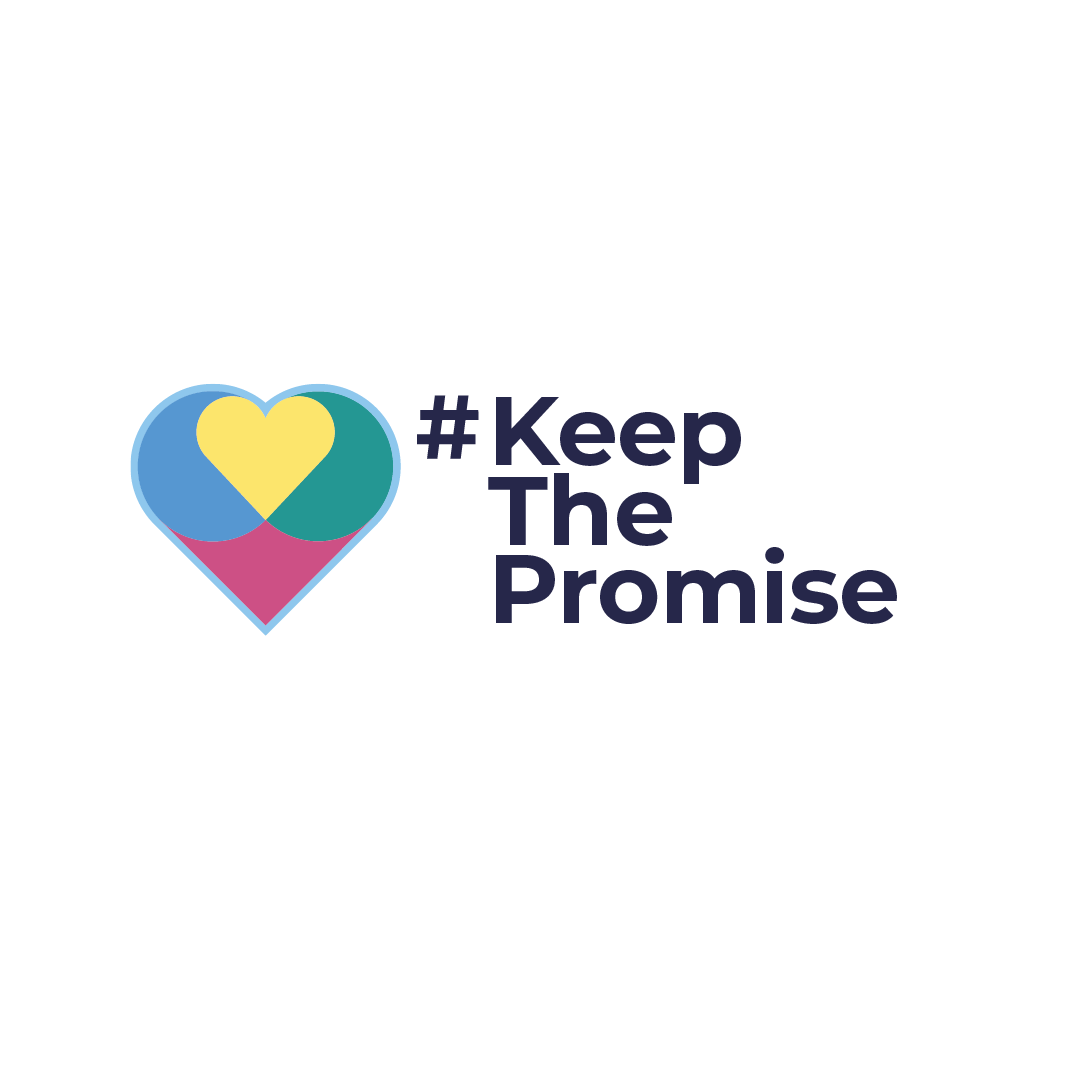Autistic Pride 2022
Every year, organisations from across the globe celebrate Autistic Pride Day on June 18 with a variety of events. Autistic Pride recognises the importance of pride for autistic people and its role in bringing about positive changes in the broader society. To mark the event, Dr Catriona Stewart OBE blogs for us about autism and conflict.

As Autistic Pride Day comes around this year, I’ve been reflecting on why it is autistic people so often find ourselves in situations of conflict, or in abusive relationships.
Autistic people find heightened emotions especially scary. I personally find any kind of conflict or challenge highly stressful - just a word or two can have my heart pounding and my mind going numb. Is this innate? Are we, along with heightened sensory impact (like many, I have Mears Irlen syndrome, cut the labels out of clothes, which can never be of synthetic fibres, don’t cope well with background noises, fluorescent lights and casual touch), hard wired to have heightened fightor-flight reactions?
Maybe, but autistic people are not well understood or accommodated. I have yet to meet an autistic adult who wasn’t severely bullied as a child, including physical assault. Increasing numbers of adults are identifying symptoms of trauma and being diagnosed with PTSD. Many have alexithymia, a term that means difficulties in identifying, naming and expressing our emotions.
Many of us learn to ‘mask’ in our formative years, pretending to be like everyone else (whatever that means!), always with the fear of mistakes and being seen as ‘different’. It’s a survival strategy for a hostile world and relies on self-denial, pushing aside our own experiences of, and responses to, the world.
Combined with difficulties in being able to read ‘between the lines’ of other people’s communication, to understand their motives and intentions, these may mean that what we perceive as conflict or discord is truly frightening for us.
At the start of COVID, as CEO of SWAN: Scottish Women’s Autism Network, with a very welcome Community Wellbeing fund from Scottish Government, I ran weekly mental health and wellbeing webinars on a range of topics, including guest speakers. I was excited to come across the Cyrenians and the Scottish Centre for Conflict Resolution. We ran a highly successful session with Andrew Boyd and Duncan Gordon and a few weeks later Diane Marr presented to our panel session on mental health.
SCCR resources are designed to be accessible for all members of a family, which means the text is clear and the illustrations fun, but they are not patronising or ‘dumbed-down’. They’re perfect - I think anyway - for autistic ways of thinking. Emotions are described by their chemical pathways in the brain, nervous system and body, and the impact of each clearly outlined. As an autistic person who loves facts, systematising and illustrative visuals, I love the SCCR approach. I also love its aim, to prevent youth homelessness by helping families to resolve negative relationship dynamics. I love that it is so relevant to my community for which there are so few helpful resources.
Autistic Pride isn’t something I usually take part in. I’m not ashamed of being autistic but I’m not proud of it either, it’s really just who I am. Like anyone else, autistic individuals each have our own characteristics, personalities, strengths and challenges. We do have commonalities and autism is much more about communication than it is about poor self-awareness. Many of us are only too well aware of the difficulties our heightened emotional vulnerabilities cause, for us, and for the people we love.
Reflecting for this piece, I’ve thought about how shame is often attached to our lives, including in our challenges with emotional expression and our heightened fight or flight responses. That’s another reason the work of the Cyrenians has resonated so much with me and with those who attended the webinars: issues around communication of emotions and conflict resolution are not specific to autistic people, and are common. Difficulties here are nothing to be ashamed of and there is help available.
Dr Catriona Stewart OBE June 2022 #DifferentMinds.OneScotland
One of the best ways to understand more about autism is to understand what it is not and to listen to the experiences of autistic people themselves. #DifferentMinds – find out more here.






